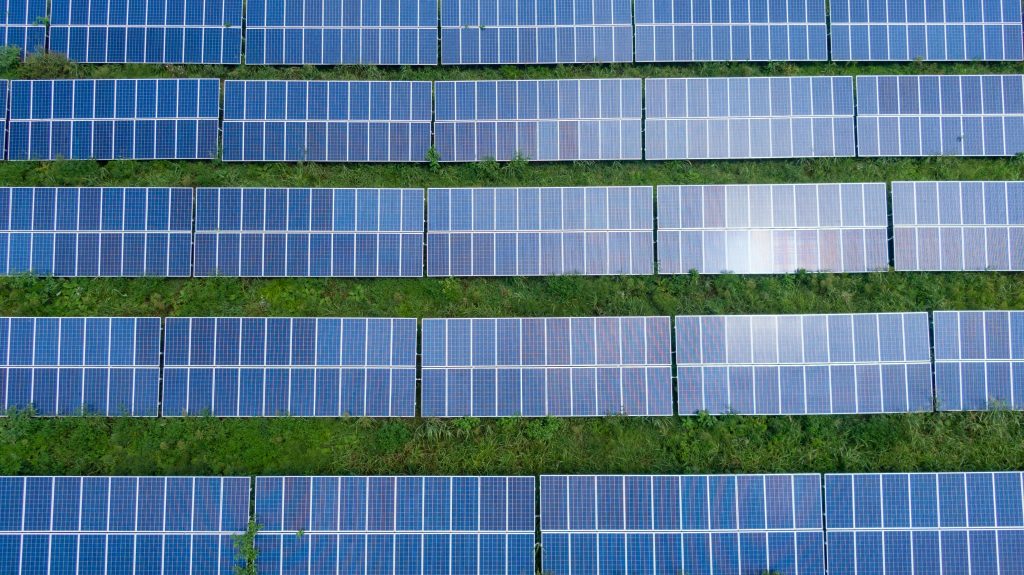More than a year after EU member states were legally required to adopt new rules for speeding up permit procedures for renewable energy (RE) projects, the implementation of these measures remains seriously delayed. According to the latest report by SolarPower Europe, on average, less than 50% of key provisions have been transposed into national laws of EU member states.
Ambitious Goals on Paper – Slow Implementation in Practice
The new, revised Renewable Energy Directive (RED III) came into force at the end of 2023, setting a binding target: by 2030, at least 42.5% of the EU’s energy must come from renewable sources. A key part of this goal is to simplify and accelerate the permitting procedures for projects such as solar power plants and wind farms.
However, the analysis shows that only a handful of countries have taken this task seriously. Italy, Romania, and Slovenia are leading with around 78% of measures transposed, while Latvia (13%), France, Croatia, the Netherlands, and Slovakia (22%) are among the weakest performers.
Main Issues on the Ground
Despite the formal adoption of some rules, the situation in practice is much worse:
- Deadlines for issuing permits are still often not respected, despite the legally prescribed timeframes.
- Acceleration zones, intended to enable faster procedures, in many cases create confusion and additional bureaucracy – even leading to construction bans in some areas.
- Installation of solar panels on buildings, parking lots, and other artificial surfaces is frequently overlooked, despite being one of the fastest ways to increase electricity production.
- The principle that RE projects are of public interest – which would help speed up approvals – is rarely applied in practice.
Recommendations: Less Talk, More Action
The report also provides concrete recommendations to accelerate the process. The European Commission should, among other things:
- Prioritize the implementation of existing rules over introducing new reforms;
- Provide technical and financial support to national and local authorities;
- Help establish RE targets at the regional level;
- Encourage the sharing of best practices among member states;
- Speed up procedures for innovative technologies and hybrid projects.
Without faster permitting processes, the EU’s energy transition remains hampered, and plans for climate neutrality and energy security are at risk. Quicker and more efficient permitting is not just an administrative issue – it is a key prerequisite for building a sustainable energy future for Europe.
Download the full report at this link.
The information provided in this document does not constitute legal advice in relation to any specific matter and is intended for general informational purposes only.

